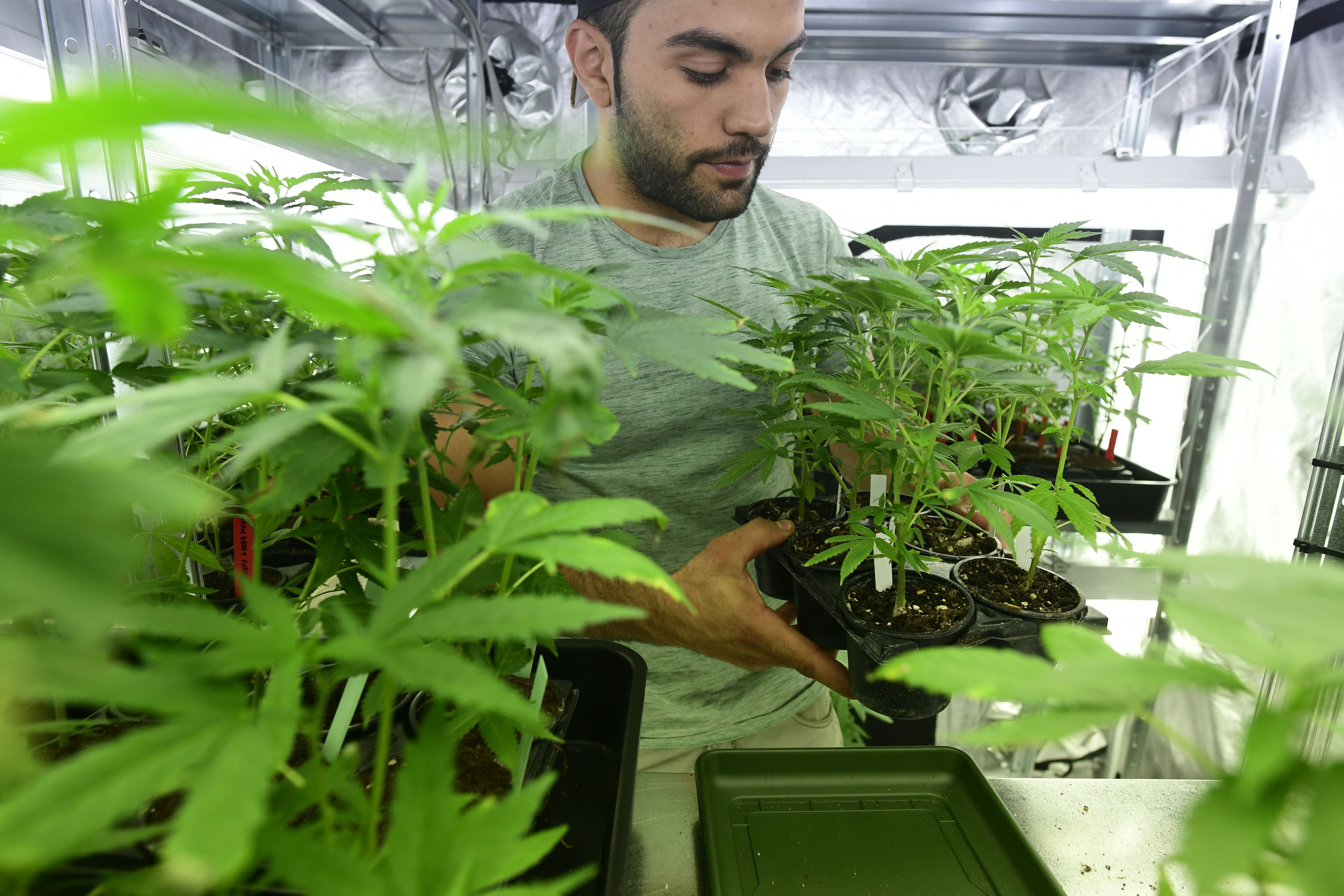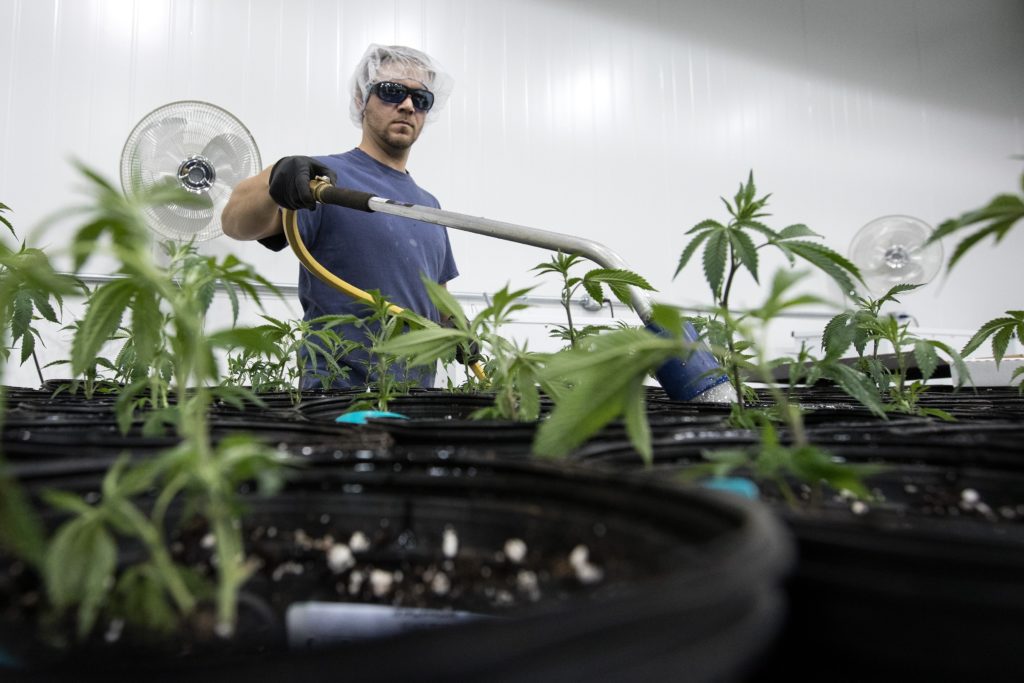Canada is planning to legalize cannabis sales next year, with some regulation of distribution and retailing done at the province level, following the same model used for tobacco and liquor. So when the government of British Columbia asked for suggestions about everything from age minimums to retail store rules, IBM came up with an innovative idea: use a blockchain.
The idea, as IBM (ibm) laid out in a brief four-page submission, is to track pot supplies as they move up the supply chain from farm to distributor to retailer to consumers. The most well-known blockchain, typically a publicly-available digital document that uses encryption techniques to validate transactions, tracks the bitcoin economy and other cryptocurrencies like ethereum. But tech companies have been finding all sorts of new uses for the technology, such as Walmart’s (wmt) experimental blockchain tracking livestock and other farm products. And IBM has been at the forefront.
A blockchain could help the government ensure that cannabis crops are legally grown, that appropriate taxes are collected and that black market sales are blocked. Consumers would know the exact origin of any products they purchased as well.
“This type of transparency would bring a new level of visibility and control to the provincial regulators and provide assurance to the multitude of cautious stakeholders regarding the way the management of a cannabis supply chain is rolled out within British Columbia,” IBM said.
credit:420intel.com












